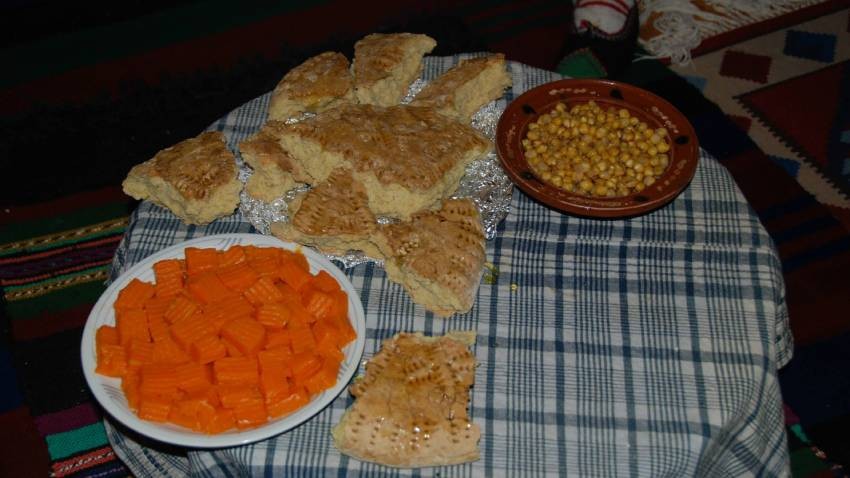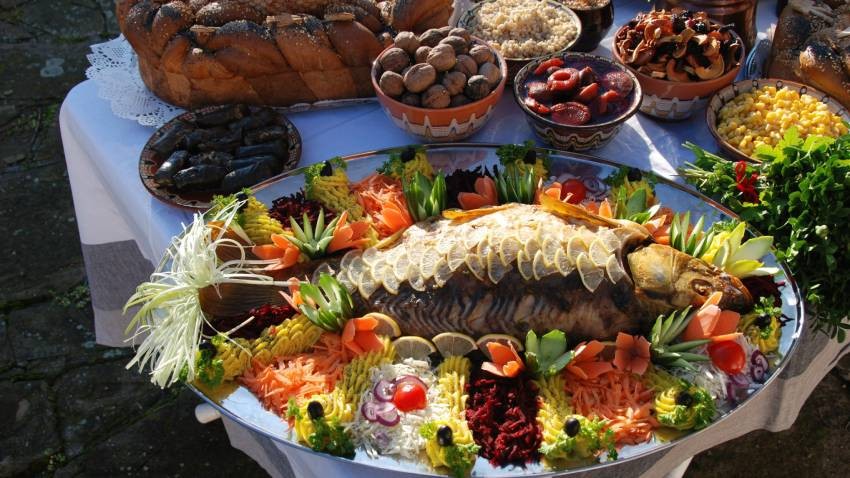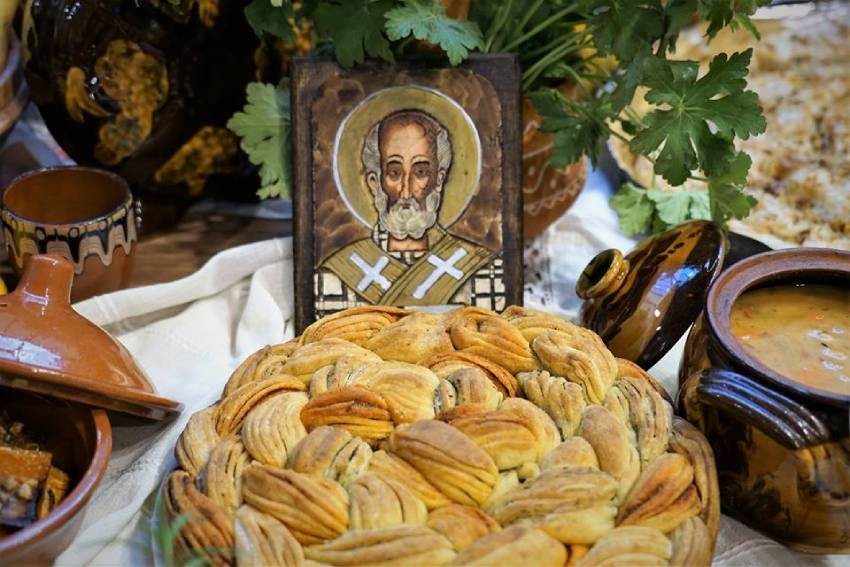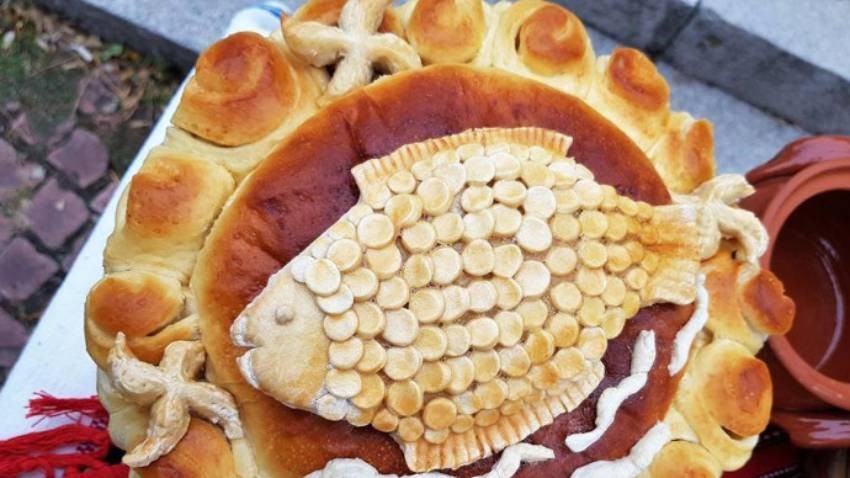December 4 is the church holiday of the Holy Great Martyr Barbara, celebrated by both Orthodoxy and Catholicism. Barbara was a girl from a noble family, beheaded for her Christian faith at the beginning of the 4th century. There is a belief that from Varvara to Ignatius the day "rises" like a needle's tip. It also "rises" from Ignacius to Vasil (from December 20 to January 1). On Varvara, day and night meet and become equal. The holiday is also called Varvaritsa, Varvarinden or Women's Christmas.
In traditional representations, Varvara is the patroness of children's diseases, and above all, smallpox, called by our people by taboo names: grandmother, aunt, sweet and honeyed. An evil, toothless and ugly grandmother - the image of the disease "paints" Varvara's portrait as well. In order to propitiate Baba Sharka (grandma Smallpox) and divert her from the children, the women prepared a ritual stew in which they put various wheat and bean seeds. They call it "varvara". Sweetened with honey, this stew is given to children, and also to neighbors and relatives. There is a belief that throughout the day the children should jump so that Varvara does not find them.




The resort towns along Bulgaria’s Black Sea coast can be broadly categorized into two types: modern ones, characterized by their lively and colorful streets, and port cities with a rich history. Various settlers have passed through these port towns,..
The 14th World Folklore Championship, "World Folk 2024" , starts today and runs until August 30 at three locations on Bulgaria's Black Sea coast: Nessebar, Sunny Beach and Sveti Vlas. The event kicks off tonight at the Jana Chimbuleva Amphitheatre in the..
Esther Willems from the Netherlands continues to attract people from different cities and nationalities to her club for Bulgarian folk dances, established in The Hague and named "Zora". It was founded in 2017 and then 13 people..

+359 2 9336 661
